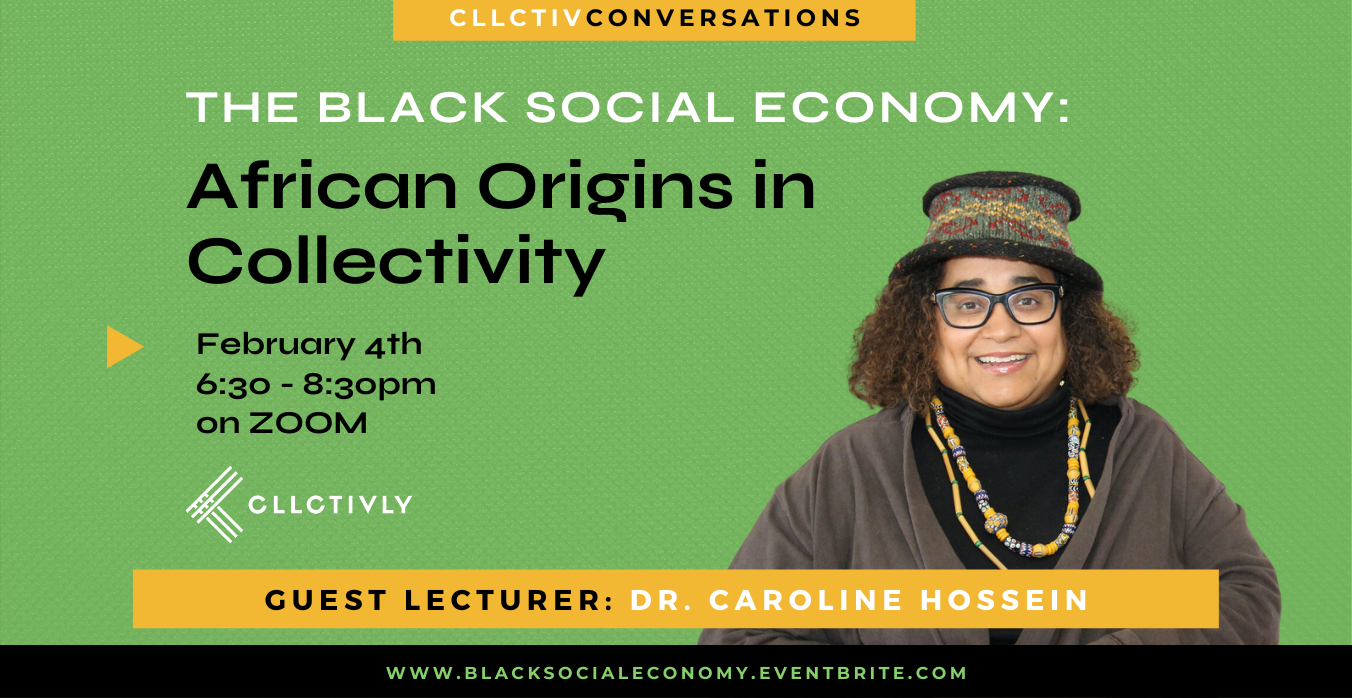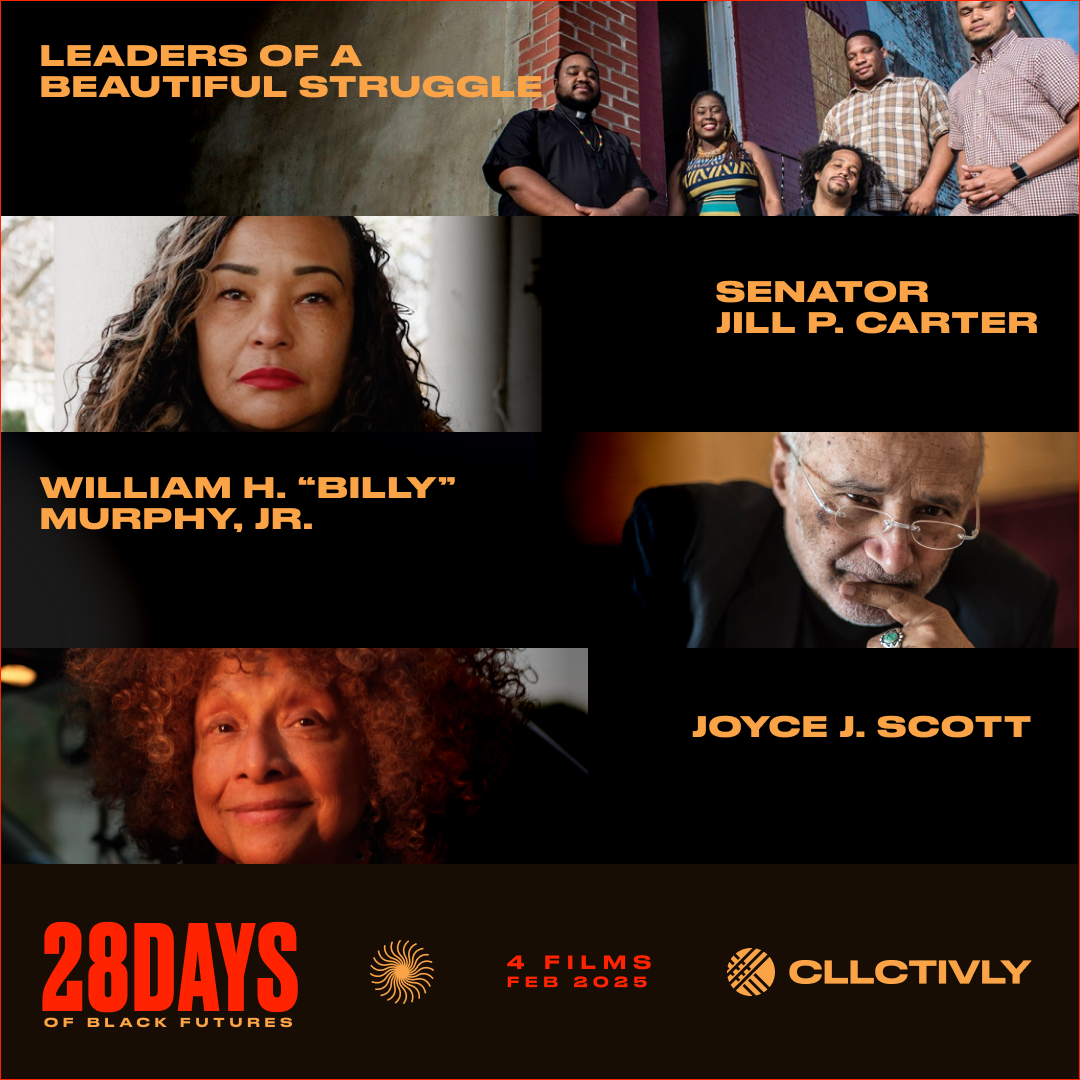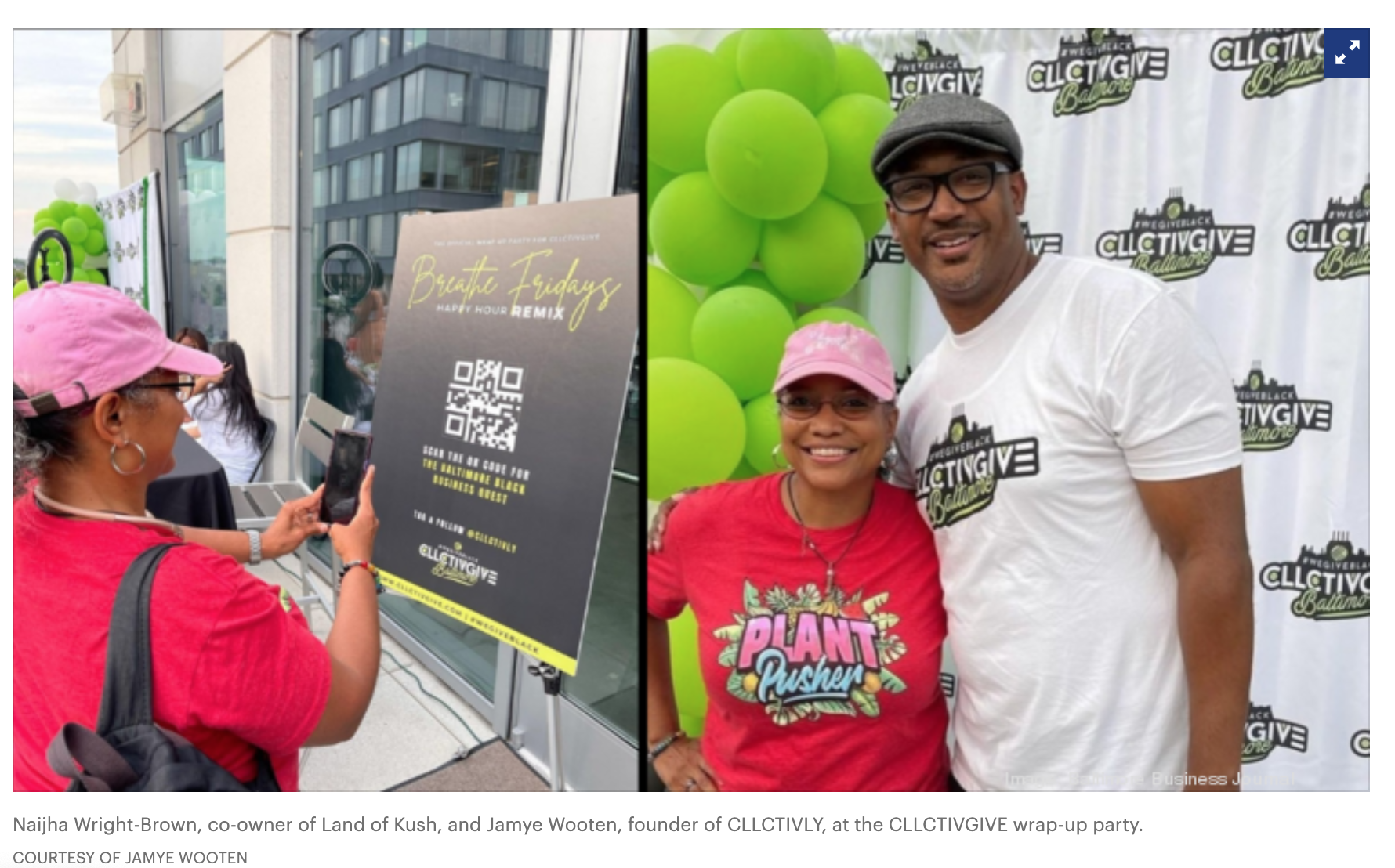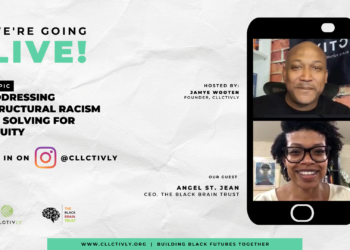CLLCTIVLY is excited to launch CLLCTIV CONVERSATIONS, with our first guest, Dr. Caroline Hossein, award-winning economist, professor, and author of The Black Social Economy in the Americas: Exploring Diverse Community-Based Markets.
Mutual-aid, collaboration, and self-help have been cornerstones of the African world for generations. Baltimore also has a long history of self-help, W.E.B. Dubois wrote about the Galilean Fishermen, a benevolent society that was founded here and incorporated in 1869 and became one of the largest African American organizations with over 5,000 members in Maryland by 1890.
Join us as we learn more about the history of collectives throughout the African world with Dr. Hossein.
Dr. Caroline Shenaz Hossein is Associate Professor of Business & Society in the Department of Social Science at York University in Toronto, Canada. Dr. Hossein’s research focuses on the Black social and solidarity economies, and her publications include the edited collection, The Black Social Economy in the Americas: Exploring Diverse Community-Based Markets. She is the founder of the Diverse Solidarity Economies Collective made up of 20+ Black and racialized feminist leaders.
About the Book
The Black Social Economy in the Americas: Exploring Diverse Community-Based Markets
This pioneering book explores the meaning of the term “Black social economy,” a self-help sector that remains autonomous from the state and business sectors. With the Western Hemisphere’s ignoble history of enslavement and violence towards African peoples, and the strong anti-black racism that still pervades society, the African diaspora in the Americas has turned to alternative practices of socio-economic organization. Conscientious and collective organizing is thus a means of creating meaningful livelihoods. In this volume, fourteen scholars explore the concept of the “Black social economy,” bringing together innovative research on the lived experience of Afro-descendants in business and society in Argentina, Brazil, Canada, Colombia, Guyana, Haiti, Jamaica, and the United States. The case studies in this book feature horrific legacies of enslavement, colonization, and racism, and they recount the myriad ways that persons of African heritage have built humane alternatives to the dominant market economy that excludes them. Together, they shed necessary light on the ways in which the Black race has been overlooked in the social economy literature.








